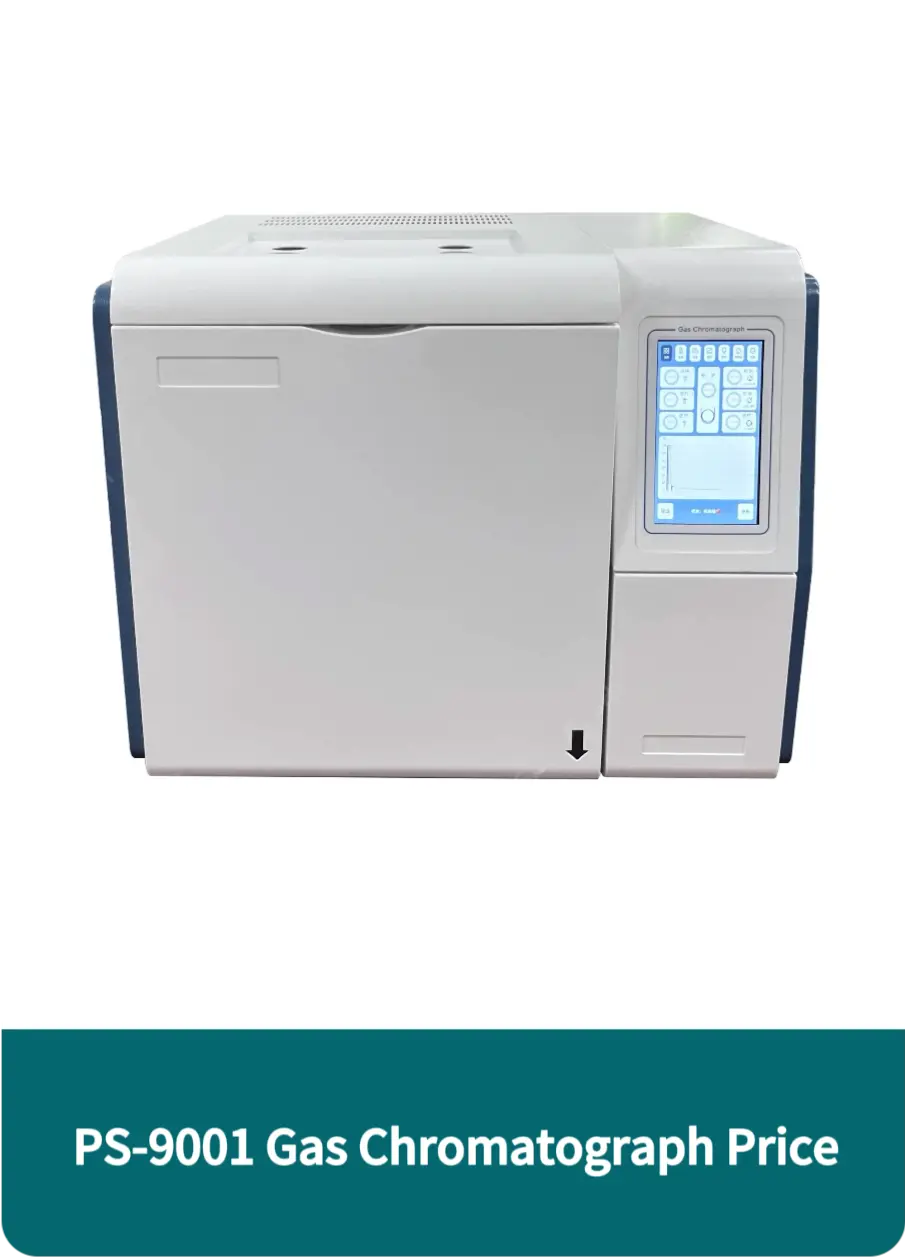 English
English



-
 Afrikaans
Afrikaans -
 Albanian
Albanian -
 Amharic
Amharic -
 Arabic
Arabic -
 Armenian
Armenian -
 Azerbaijani
Azerbaijani -
 Basque
Basque -
 Belarusian
Belarusian -
 Bengali
Bengali -
 Bosnian
Bosnian -
 Bulgarian
Bulgarian -
 Catalan
Catalan -
 Cebuano
Cebuano -
 China
China -
 China (Taiwan)
China (Taiwan) -
 Corsican
Corsican -
 Croatian
Croatian -
 Czech
Czech -
 Danish
Danish -
 Dutch
Dutch -
 English
English -
 Esperanto
Esperanto -
 Estonian
Estonian -
 Finnish
Finnish -
 French
French -
 Frisian
Frisian -
 Galician
Galician -
 Georgian
Georgian -
 German
German -
 Greek
Greek -
 Gujarati
Gujarati -
 Haitian Creole
Haitian Creole -
 hausa
hausa -
 hawaiian
hawaiian -
 Hebrew
Hebrew -
 Hindi
Hindi -
 Miao
Miao -
 Hungarian
Hungarian -
 Icelandic
Icelandic -
 igbo
igbo -
 Indonesian
Indonesian -
 irish
irish -
 Italian
Italian -
 Japanese
Japanese -
 Javanese
Javanese -
 Kannada
Kannada -
 kazakh
kazakh -
 Khmer
Khmer -
 Rwandese
Rwandese -
 Korean
Korean -
 Kurdish
Kurdish -
 Kyrgyz
Kyrgyz -
 Lao
Lao -
 Latin
Latin -
 Latvian
Latvian -
 Lithuanian
Lithuanian -
 Luxembourgish
Luxembourgish -
 Macedonian
Macedonian -
 Malgashi
Malgashi -
 Malay
Malay -
 Malayalam
Malayalam -
 Maltese
Maltese -
 Maori
Maori -
 Marathi
Marathi -
 Mongolian
Mongolian -
 Myanmar
Myanmar -
 Nepali
Nepali -
 Norwegian
Norwegian -
 Norwegian
Norwegian -
 Occitan
Occitan -
 Pashto
Pashto -
 Persian
Persian -
 Polish
Polish -
 Portuguese
Portuguese -
 Punjabi
Punjabi -
 Romanian
Romanian -
 Russian
Russian -
 Samoan
Samoan -
 Scottish Gaelic
Scottish Gaelic -
 Serbian
Serbian -
 Sesotho
Sesotho -
 Shona
Shona -
 Sindhi
Sindhi -
 Sinhala
Sinhala -
 Slovak
Slovak -
 Slovenian
Slovenian -
 Somali
Somali -
 Spanish
Spanish -
 Sundanese
Sundanese -
 Swahili
Swahili -
 Swedish
Swedish -
 Tagalog
Tagalog -
 Tajik
Tajik -
 Tamil
Tamil -
 Tatar
Tatar -
 Telugu
Telugu -
 Thai
Thai -
 Turkish
Turkish -
 Turkmen
Turkmen -
 Ukrainian
Ukrainian -
 Urdu
Urdu -
 Uighur
Uighur -
 Uzbek
Uzbek -
 Vietnamese
Vietnamese -
 Welsh
Welsh -
 Bantu
Bantu -
 Yiddish
Yiddish -
 Yoruba
Yoruba -
 Zulu
Zulu
generator ac current
Understanding Generator AC Current Principles and Applications
Generator systems play a critical role in energy production and distribution, particularly in settings where consistent power supply is essential. Among various generator types, Alternating Current (AC) generators, commonly known as alternators, are widely used due to their efficiency and versatility. This article delves into the nature of AC current produced by generators, its principles, and various applications.
What is AC Current?
Alternating current (AC) is a type of electrical current that reverses its direction periodically. This is in contrast to direct current (DC), where the flow of electric charge is unidirectional. AC current is characterized by its sinusoidal waveforms, which can vary in frequency and amplitude. The standard frequency of AC in many countries is either 50 or 60 Hertz (Hz), denoting the number of cycles per second.
The Working Principle of AC Generators
AC generators function based on the principle of electromagnetic induction first discovered by Michael Faraday. In simple terms, when a conductor, such as a coil of wire, moves through a magnetic field, an electrical current is induced in the conductor. This movement can be achieved through mechanical rotation, typically supplied by an internal combustion engine, a wind turbine, or even hydroelectric systems.
A key component of an AC generator is the rotor, which is the rotating part that generates a magnetic field. Surrounding the rotor is the stator, which contains coils of wire. As the rotor spins, the magnetic field induces an alternating voltage in the stator coils, resulting in AC current. The frequency of the induced current is directly tied to the speed of the rotor’s rotation.
Advantages of AC Current
generator ac current

One of the most significant advantages of AC current over DC is its ability to be easily transformed to higher or lower voltages using transformers. This capability makes long-distance power transmission more efficient by minimizing energy loss due to resistance in the wires. Additionally, AC motors are simpler and often more durable than their DC counterparts, making them widely used in industrial applications.
Applications of AC Generators
AC generators are used in numerous applications, ranging from small portable generators for home use to massive power plants supplying electricity to entire cities. Some common uses include
1. Power Generation Stations Large scale AC generators, or synchronous generators, provide electricity for commercial and residential use. 2. Renewable Energy Systems Wind turbines and hydroelectric systems rely on AC generators to convert natural energy into electrical power. 3. Industrial Machinery AC motors and generators drive complex machinery, contributing to the efficiency of manufacturing processes.
4. Portable Generators Smaller AC generators are employed in outdoor activities, construction sites, and emergency power supply scenarios.
Conclusion
In conclusion, generator AC current is a fundamental aspect of modern electrical systems. The principles of electromagnetic induction that govern AC generators enable efficient power generation and distribution. Whether in renewable energy plants, industrial applications, or portable generators, the versatility and efficiency of AC current continue to make it the preferred choice for electrical power solutions worldwide. Understanding these concepts is crucial for anyone involved in electrical engineering, energy management, or related fields, as they contribute to advancements in technology and sustainability.
-
Testing Equipment Industry Sees Major Advancements in 2025: Smart & Precision Technologies Lead the WayNewsJun.06,2025
-
Applications of Direct Current Generators in Renewable Energy SystemsNewsJun.05,2025
-
Hipot Tester Calibration and Accuracy GuidelinesNewsJun.05,2025
-
Digital Circuit Breaker Analyzer Features and BenefitsNewsJun.05,2025
-
Benefits of Real-Time Power Quality Monitoring Devices for Industrial EfficiencyNewsJun.05,2025
-
Earth Fault Loop Testing in High-Rise Building Electrical SystemsNewsJun.05,2025



